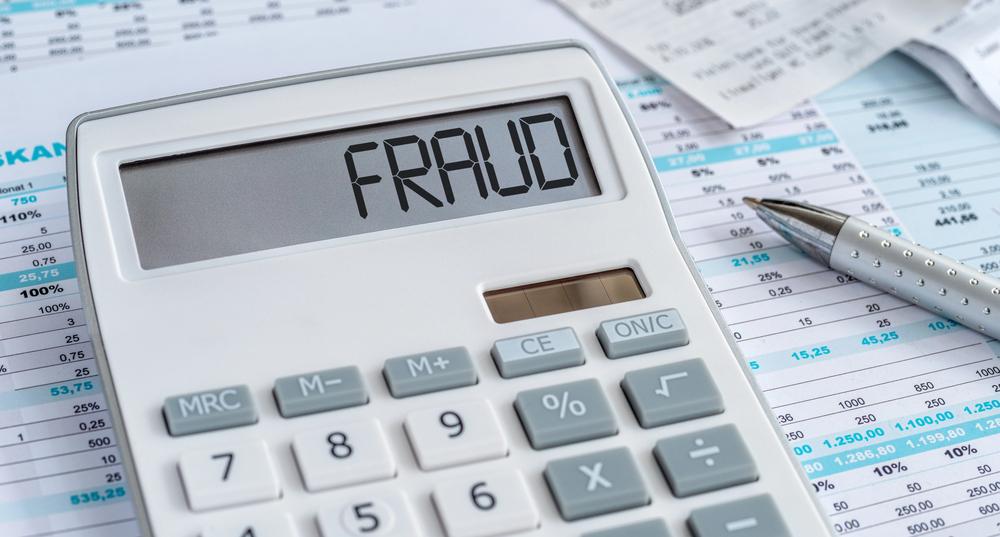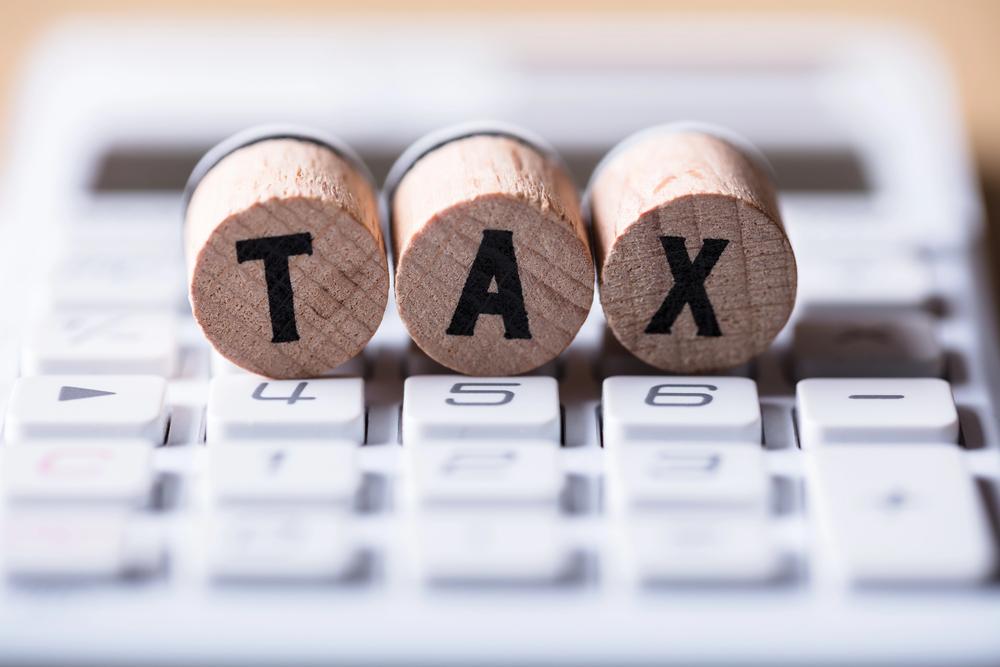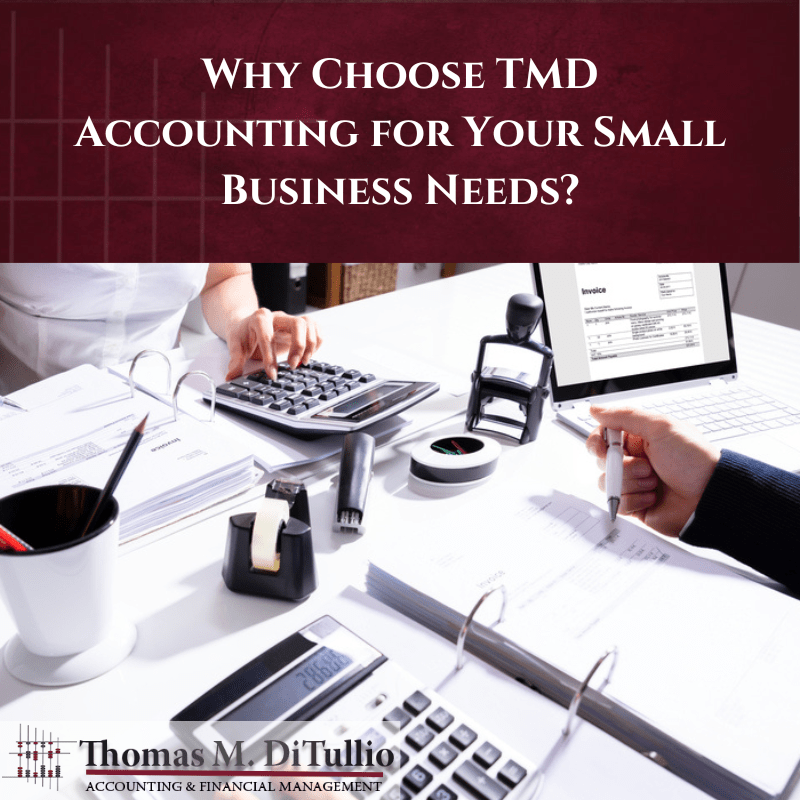Top Accounting Scams Targeting NJ Small Businesses (And How to Protect Yours)
Most people have experienced scams in their lifetime; it seems inevitable at this point. Either you scam calls on your phone, or your small business in New Jersey is being targeted by accounting scams. If you want to avoid accounting fraud in NJ, one of the best things you can do is hire a professional and accredited small business accountant who has an established business record, like TMD Accounting. The other thing you can do is arm yourself with knowledge about common accounting scams and how to protect your business.
Key Takeaways
- Small businesses in New Jersey are frequently targeted by accounting scams, including invoice fraud and phishing attacks, which can drain finances and damage reputations.
- To protect against these threats, businesses should verify payment requests, implement Purchase Order systems, and use two-factor authentication (2FA) for sensitive accounts.
- Payroll fraud, both internal and external, can be prevented through regular audits and secure payroll software to detect unauthorized changes.
- Business identity theft is on the rise, so businesses must secure their EIN and monitor credit reports to avoid fraudulent loans and unauthorized purchases.
- Establishing a rigorous vendor verification process and early tax filing are essential strategies for safeguarding against fake vendors and tax ID theft.
Invoice and Payment Scams
Invoice and payment scams are common tactics used by fraudsters to steal money from businesses. In these scams, criminals send fake invoices that appear legitimate, often mimicking familiar vendors or service providers. These invoices request payment for products or services that the business never ordered or received. To protect your business, it’s essential to verify every payment request.
Always contact the vendor directly to confirm the invoice details, such as the invoice number, amounts, and product descriptions. Implementing a Purchase Order (PO) system for all purchases is another effective method. With a PO in place, you can cross-check every invoice to ensure it aligns with approved purchases, minimizing the risk of fraudulent transactions.
Phishing and Email Scams
Phishing scams are another prevalent threat targeting businesses, particularly through email. Scammers often impersonate company executives, employees, or trusted vendors in an attempt to trick recipients into revealing sensitive information or transferring funds. To safeguard against these attacks, implementing two-factor authentication (2FA) for your email accounts, especially those handling financial transactions, is crucial. This adds an extra layer of security and reduces unauthorized access to sensitive information.
Additionally, educating your employees on how to recognize phishing emails is essential. Provide regular training to help them spot suspicious emails and avoid clicking on unfamiliar links or downloading attachments, which are common tactics used to install malware or steal information.
Payroll Fraud
Payroll fraud can occur both internally and externally, and it can be devastating to a business. Internal fraud involves employees falsifying hours worked, adding “ghost employees,” or diverting payroll funds. External fraud may involve outside attackers gaining access to payroll systems and manipulating employee pay or information. Protecting your business from payroll fraud requires regular internal audits to verify payroll records and cross-check bank statements.
Investing in reputable payroll software with built-in security features and reporting capabilities is another critical step. These tools can help you monitor payroll activity and detect any suspicious behavior before it becomes a significant problem.
Business Identity Theft
Business identity theft is a growing concern for small businesses in New Jersey. Scammers may steal sensitive business information, such as the Employer Identification Number (EIN), to open fraudulent credit accounts, apply for loans, or make unauthorized purchases in the company’s name. To prevent this type of theft, it’s important to regularly monitor your business’s credit report for any signs of unauthorized activity. Securing your EIN and other critical business identifiers is also essential. Store this information in a secure location and limit access to it. Only share this sensitive data when absolutely necessary, and always ensure that the recipient is trustworthy.
Charity and Donation Scams
During tax season, businesses may be targeted by scammers posing as charity organizations, asking for donations that are actually fraudulent. These scams can be particularly convincing, especially when scammers use fake or similar names to legitimate charities. To protect your business, always verify the legitimacy of any charity before making a donation. Use trusted resources like the IRS’s Exempt Organizations Select Check tool to confirm the charity’s status. Additionally, establishing a company donation policy that outlines a verification process for charitable contributions can prevent impulsive or fraudulent donations.
Check Fraud
Check fraud, which involves altering or duplicating legitimate checks to steal funds from a business’s account, continues to be a threat for small businesses. One of the most effective ways to protect your business from check fraud is by using a service like Positive Pay. This banking service matches each check presented for payment against a list of checks previously issued by your business, flagging any suspicious checks before they clear. Furthermore, limiting the use of checks in favor of electronic payments can significantly reduce the risk of check-related fraud.
Tax ID Theft
Tax ID theft occurs when fraudsters file fake tax returns using your business’s tax ID number, often attempting to claim refunds or credits fraudulently. Filing early is one of the most effective ways to combat this type of fraud, as it reduces the window of opportunity for scammers to file a false return. It’s also important to ensure that all your tax information is sent securely. Use encrypted digital filing methods or reputable accounting firms that follow strict security protocols to prevent sensitive data from falling into the wrong hands.
Fake Vendor Set-Up Scams
Scammers may impersonate a legitimate vendor or supplier, convincing businesses to add them to their approved vendor list. These fake vendors then request payment for non-existent services or products. To protect your business from falling for these scams, always implement a strict vendor verification process before adding any new vendors to your system. Verify the vendor’s credentials, including their business licenses, references, and physical address. Additionally, requiring multi-step approval for new vendor setups can add an extra layer of protection to ensure that all vendor relationships are legitimate.
Contact a South Jersey Accountant About NJ Accounting Scams Today
Small businesses in New Jersey face various accounting scams, and protecting your finances requires vigilance and proactive security measures. As mentioned, TMD Accounting can support you by providing professional and reputable small business accounting services. We have been a family-owned and operated for over 40 years. Reach out to our team today at 1-856-228-2205 to learn how we can help you protect your business from scams and set up secure accounting practices.











